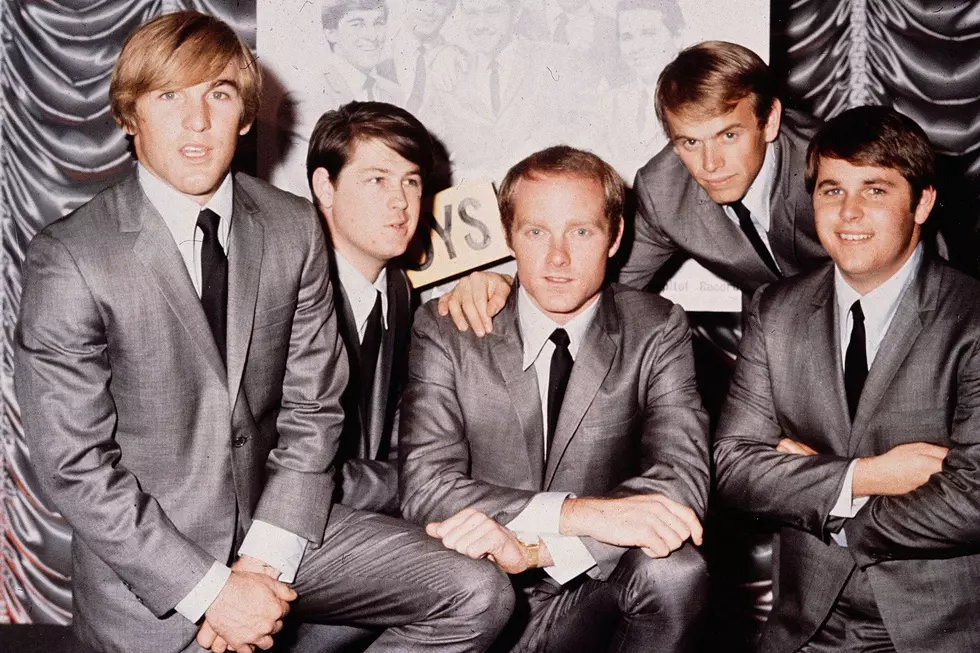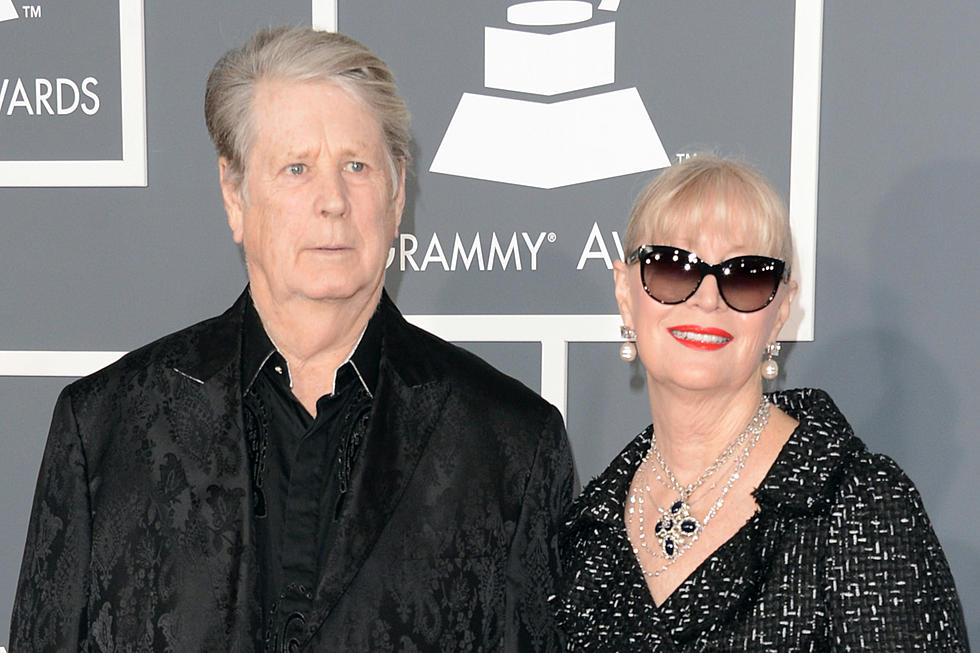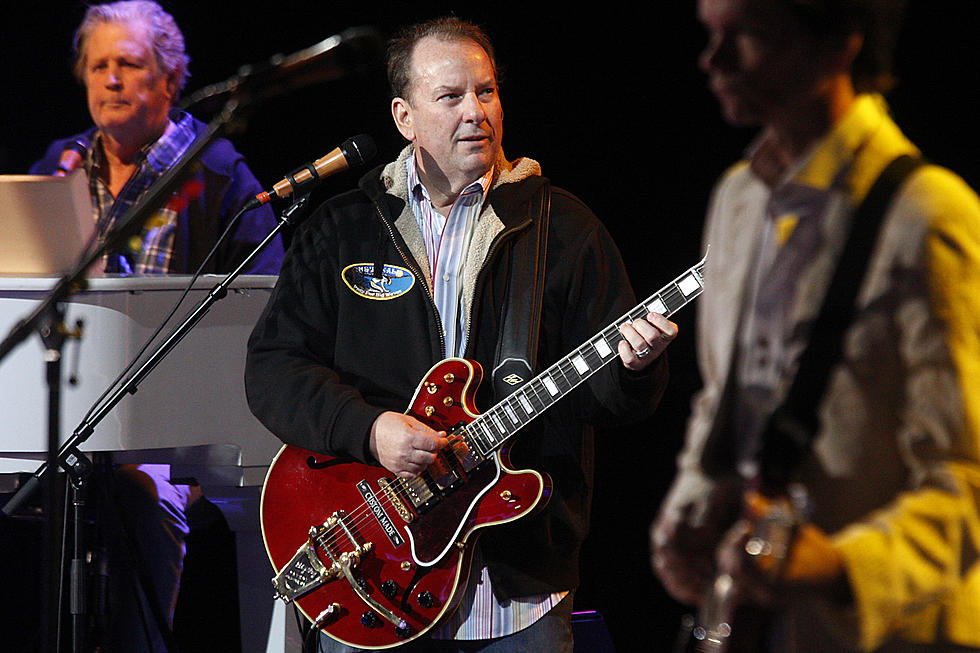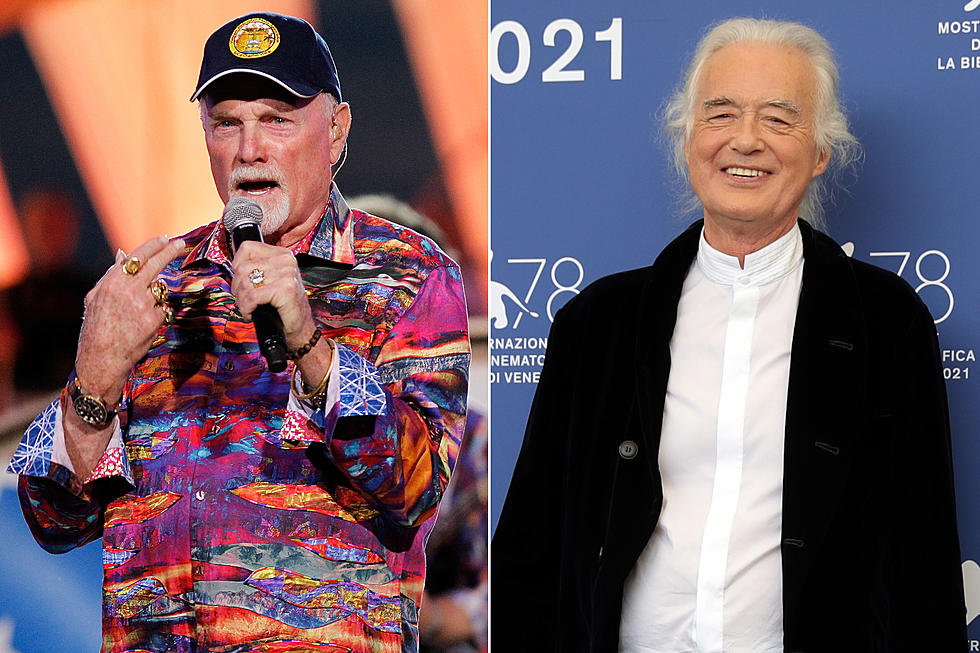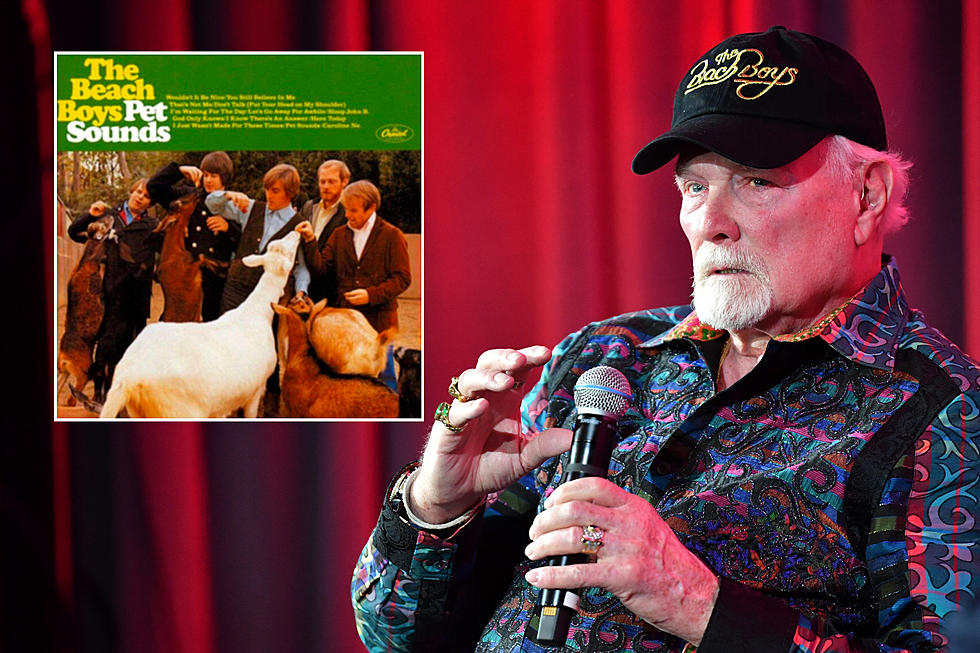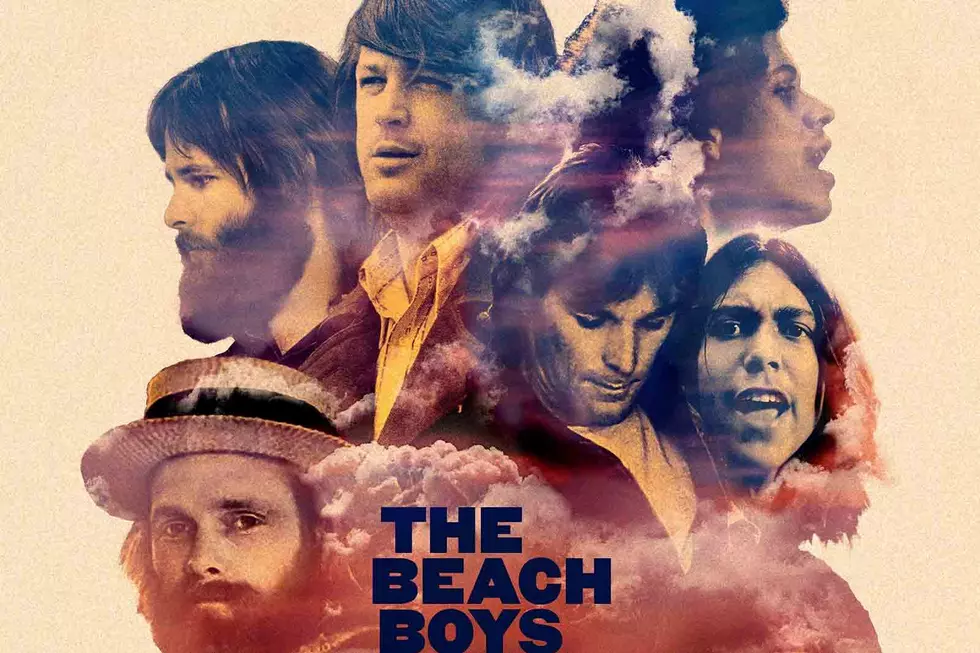
The Beach Boys, ‘Sail on Sailor – 1972′: Album Review
By 1972, the Beach Boys were so commercially washed up that their 1966 masterpiece Pet Sounds was tossed in as a freebie in order to bait fans into buying their new album, Carl and the Passions – "So Tough." A radio ad from the era included on Sail on Sailor - 1972, a new box set that documents the period that yielded both So Tough and 1973's Holland, spends as much of its minute-long run time on the six-year-old Pet Sounds (then enjoying a reevaluation that helped secure its reputation as one of the all-time greats) as it does on the new album it’s supposed to be promoting.
Nobody, not even their record company, believed in the Beach Boys – and who could blame them? The group had grown out of their clean-cut image of boys-next-door surfer guys as their music swerved into more complicated and less radio-friendly areas. It didn't help that mastermind Brian Wilson had been in a personal and creative tailspin since 1967's abandoned Smile project left him without the confidence or will to finish more than a handful of songs for the Beach Boys' recent records. Even Surf's Up, the 1971 rebound that was supposed to launch a new era for the band, barely cracked the Top 30. So, Reprise had no idea what to do with Carl and the Passions – "So Tough," an album named after Wilson and Mike Love's pre-Beach Boys group which included two new members and eight songs that had little in common with "Good Vibrations," let alone "I Get Around."
Even in its new Sail on Sailor - 1972 context, the album sounds out of place – with the era and within the Beach Boys catalog. (A previously unreleased 1972 concert from New York's Carnegie Hall included in the box offers a more balanced portrait of the band's legacy.) Recruits Blondie Chaplin and Ricky Fataar had little interest in remaking the group's hit records and wanted to further explore the soul notes of 1967's Wild Honey, which was just fine with the rest of the band. Only "Marcella," one of Brian Wilson's three co-writes, recalls the average music fan's perception of what a Beach Boys song should sound like, and it couldn't even break into the Top 100.
Holland, on the other hand, was a triumphant return, even if its sales didn't reflect that. Recorded in 1972 but released early in the next year, the album marked the band's first recording outside of its California home base. The new setting of a barn in the Dutch village of Baambrugge inspired the Carl Wilson-led Beach Boys, who spent more than a quarter million dollars shaping a vision for their future. "Sail on Sailor," co-written by Brian Wilson in one of two credits this time, charted outside the Top 75 – but highlights abounded, including Carl's "The Trader" and the 10-minute, three-part "California Saga" suite.
Among the extras found on the six-disc Sail on Sailor - 1972 box is the six-track Mount Vernon and Fairway EP that came with original copies of Holland. Conceived by Brian Wilson as a fairy tale about the golden era of radio, it's an overload of stilted narrative and misguided ambition and a fairly clear representation of Wilson's state of mind during this time. (The rest of the band turned down his initial idea to include the mostly spoken-word tracks on the album.) In a way, it's the centerpiece of the set, the most direct struggle between the old and the new, between moving forward and looking back.
Dennis Wilson's growth as both a singer and songwriter during this period was also likely a catalyst for some of these changes: See his fragile "Cuddle Up," So Tough's album-closing number, and the lovely "Carry Me Home," a Holland outtake making its official debut on Sail on Sailor - 1972. Both are forerunners to Wilson's only solo album, 1977's beautifully scarred Pacific Ocean Blue. He's a strong presence on Sail on Sailor's two discs of outtakes, demos and alternate versions, more so than he was on Feel Flows, the 2021 box chronicling the Sunflower/Surf's Up era that tentatively pulled the drummer up front.
Unfortunately, the Beach Boys' creative momentum was soon stalled by the surprise success of an oldies compilation, constant touring with an emphasis on nostalgia, Chaplin and Fataar's departures, Brian Wilson's swelling health issues and a three-year wait for the underwhelming, covers-heavy 15 Big Ones. They'd never again be so open to change as they were in 1972.
Beach Boys Albums Ranked
More From Ultimate Classic Rock

